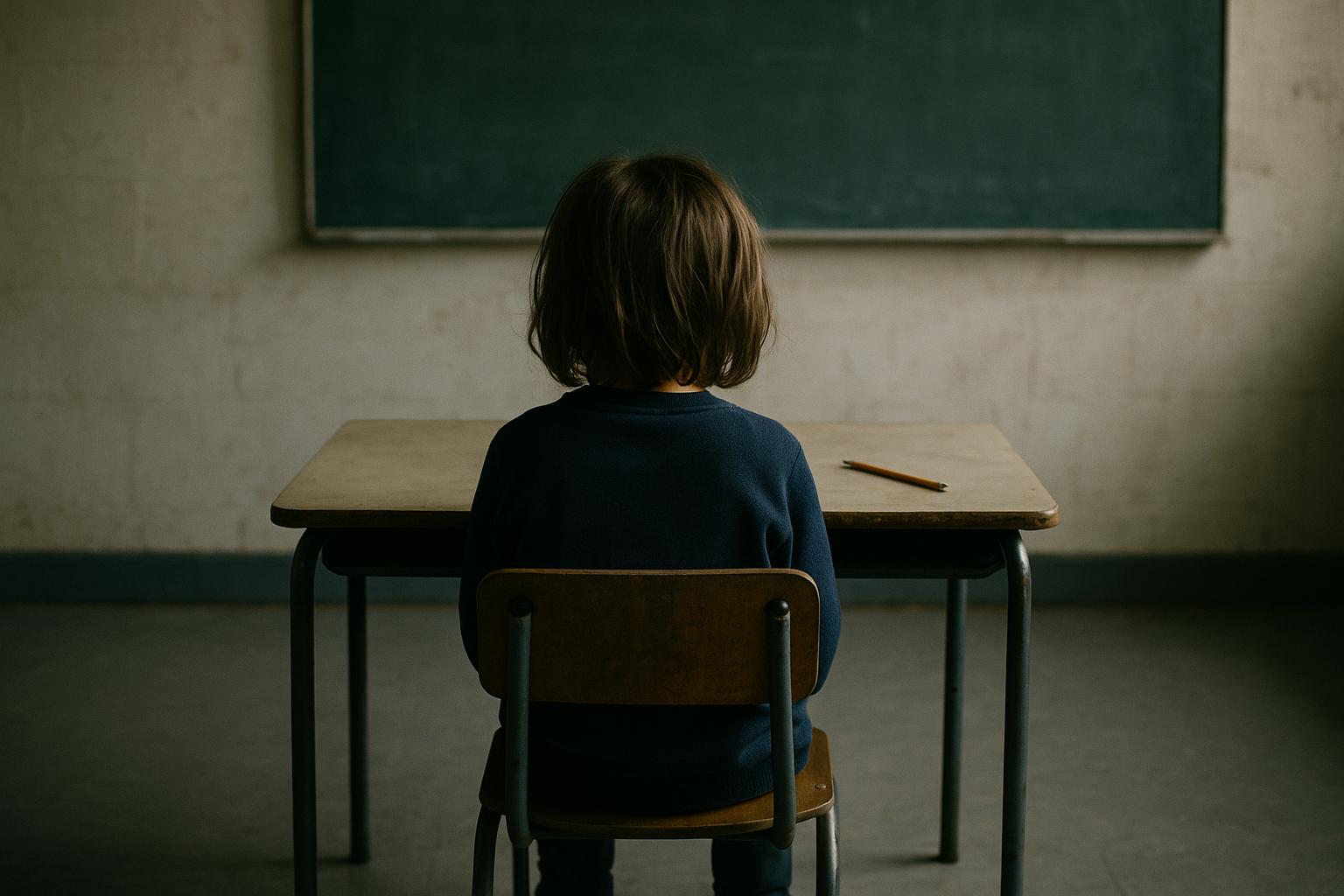EastEnders star Kellie Bright has opened up about the formidable challenges she and her husband faced securing suitable education for their son, who has autism, dyslexia, and ADHD. Her personal experience forms a poignant part of a new BBC Panorama documentary that exposes the systemic struggles in England’s special educational needs and disabilities (SEND) system. Bright describes the ordeal as a "battle," highlighting the extensive perseverance required to obtain an Education, Health and Care Plan (EHCP), a legally binding document crucial for accessing tailored educational support.
Bright recounts spending countless hours completing forms and navigating a system that, according to the documentary, often leaves families running on empty. In a revealing segment, she interviews Tunde, mother to 15-year-old Buddy, who is autistic. Tunde’s attempts to find appropriate schooling for her son saw her applying to over 11 schools, only to be met with non-responsiveness, full classes, or refusals to provide support without an EHCP in place. Buddy’s initial EHCP application was rejected before assessment, forcing Tunde to reapply. At one point, due to delays, Buddy received lessons in a library rather than a formal school setting. The experience forced Tunde to temporarily leave her work as a midwife and health visitor, underscoring the heavy personal cost involved in securing her son's education.
Southwark Council, involved in Buddy’s case, acknowledged the concerns raised, assuring continued support to meet his educational needs without further delay. The documentary also features Jacqui Russell, a Conservative cabinet member for children and young people in West Sussex, who describes the SEND system as “very adversarial.” She painted a picture of exhausted parents, stressed staff, and an overburdened system that is “broken” and unable to deliver the best outcomes for children with SEND.
Data underlining these personal stories reveals the scale of the challenge: there were 638,745 EHCPs registered as of January this year, nearly doubling the 353,995 recorded in 2019. This surge has placed enormous financial strain on local authorities, with estimated combined high needs deficits reaching at least £3.3 billion by 2024. Such figures illustrate why councils often struggle to meet statutory obligations, creating long waiting times and patchy support for families.
The government plans to outline SEND reforms in an upcoming Schools White Paper, aiming to alleviate some of these pressures. However, concerns have risen about potential cuts to EHCP entitlements. Education Minister Georgia Gould, speaking prior to the documentary’s broadcast, stressed that the planned reforms would not reduce existing support. Instead, she emphasised the intention to provide more early interventions and to maintain legally safeguarded support where it has already been established.
For parents like Bright and Tunde, the SEND system remains a battleground where the stakes could not be higher. As Bright poignantly writes, “Who does not want the best possible education for their son or daughter?” she highlights the emotional and bureaucratic toll of fighting for a child’s future amid under-resourced and overwhelmed services. With many families in similar positions, all eyes are now on the government’s proposed changes to see whether they can truly bring relief to those navigating this challenging landscape.
Panorama: Kellie Bright – Autism, School And Families On The Edge aired on BBC One and remains available on BBC iPlayer, offering a crucial and timely insight into the struggles faced by SEND families across England.
📌 Reference Map:
- Paragraph 1 – [1], [2], [6]
- Paragraph 2 – [1], [3], [7]
- Paragraph 3 – [1], [3], [7]
- Paragraph 4 – [1], [3], [7]
- Paragraph 5 – [1], [3], [5]
- Paragraph 6 – [1], [3], [7]
- Paragraph 7 – [1], [4], [7]
Source: Noah Wire Services
